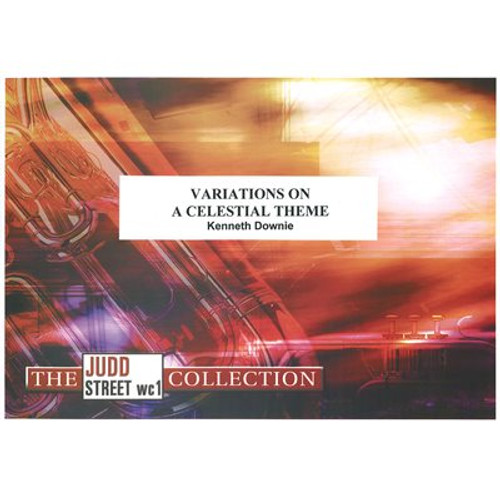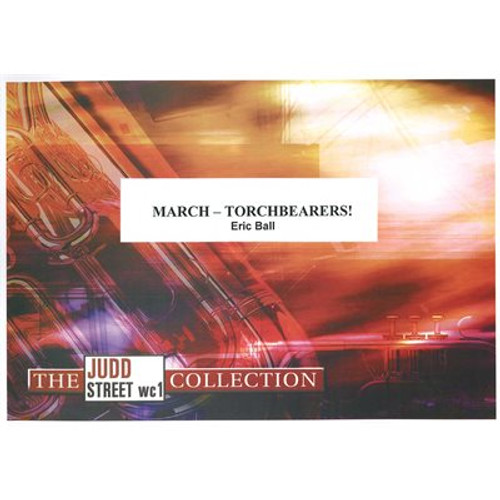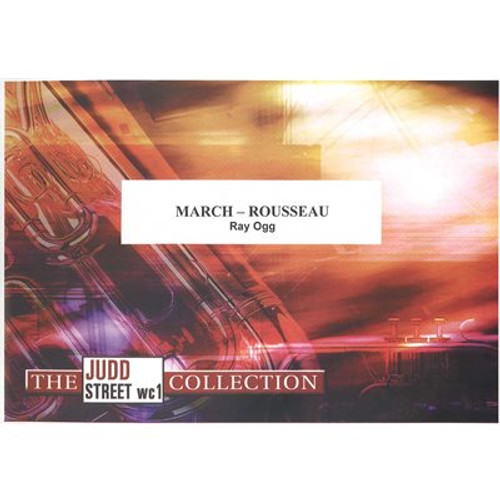Product Description
Comments by Dr Peter Graham
Wilfred Heaton's compositions have a worldwide appreciation both in The Salvation Army and in professional music circles. His output for brass band, though small, is work of the highest integrity and caliber The history surrounding Celestial Prospect is somewhat sketchy. It had been unavailable prior to coming into The Salvation Army's International Music Editorial Department in the 1980s. The composer describes it as a 're-casting' of an earlier work written sometime in the 1940s, the score of which is now lost. In its present form it was first played by the New York Staff Band in 1986, and interesting 'full-circle' situation for then Staff Bandmaster Derek Smith who had played the original in the Rosehill Band years before when the music was deemed too advanced for publication.
The theme Come, comrades dear has been known from the early days of The Salvation Army and reflects the composer's penchant for using tunes from that era which are simple and direct in character. Five variations follow the imaginative treatment of the theme. The first scherzando, should be a l'istesso tempo continuation. Contrasts in dynamics and articulation are well marked and must be observed in order to achieve the desired effect. The presto is similarly full of dynamic contrast and syncopated rhythms are well to the fore.
Placido takes on the mantle of a siciliano, which leads to some of the most moving music in the work, the adagio elegiaco. The composer describes this section as being 'an elegy to departed comrades'. Technical comment is superfluous; suffice to say there is great opportunity to exploit the rich sonorities available to the brass band. The composer has created a glorious 'sound picture' here; the triumphant climax could well be interpreted as a foretaste of the 'celestial prospect' which awaits us.
The finale presents a real tour-de-force for the Solo Cornets which would probably best entail detailed sectional rehearsals for maximum effect. The release from the generated excitement is brought by a massive ritardando before the strong unison ending
(sample music)
(view series guide)
Produced by The Salvation Army, SP&S, UK













